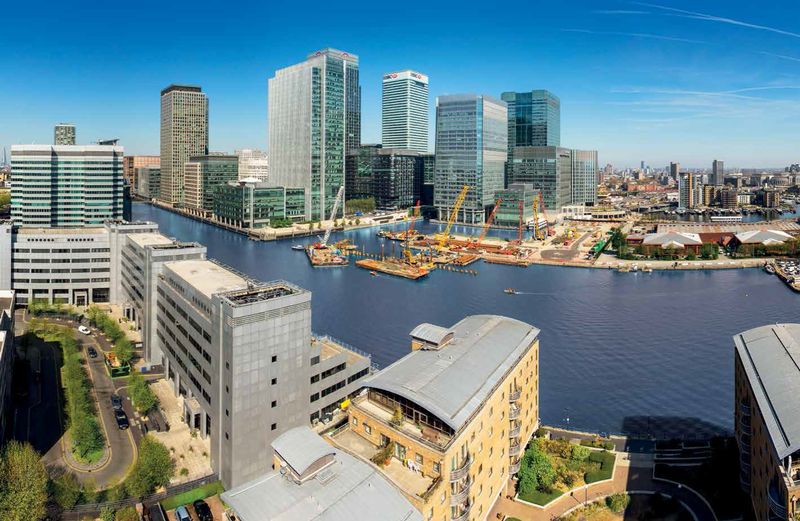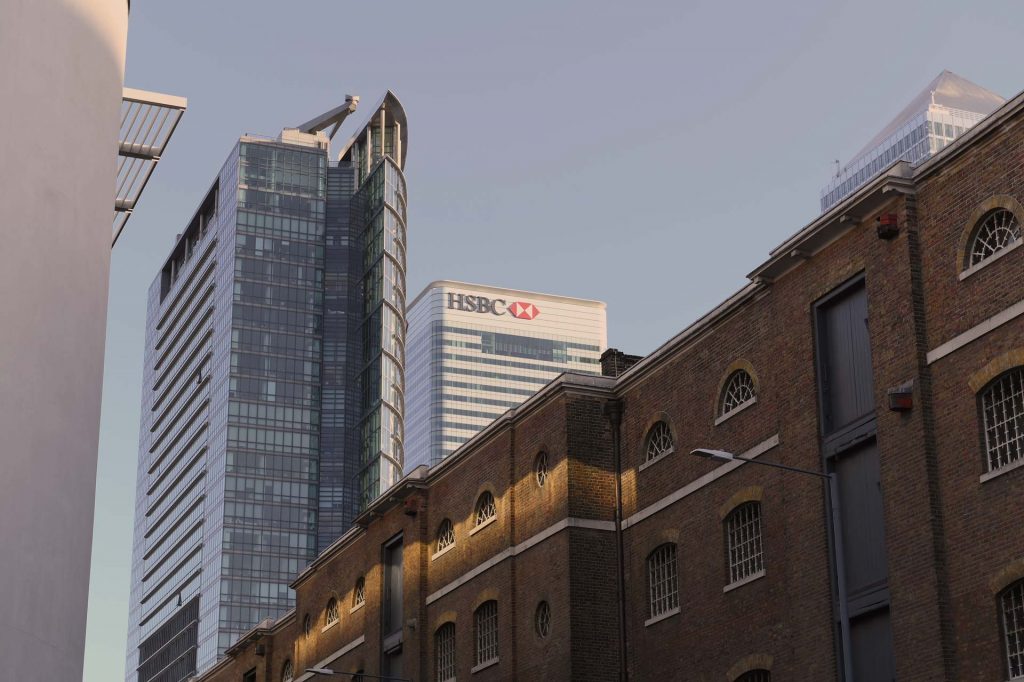All UK governments have also temporarily cut stamp duty. This means buyers could potentially save up to £15,000 in tax if they move home before April 2021. The cut is designed to reignite the property market in the wake of COVID-19, although there are signs that the wheels were already beginning to turn.
Provisional data from HM Revenue and Customs (HMRC) shows that 70,710 property sales went through in July, up 14.5% on June’s figures but down 27% year-on-year.
How have house prices changed? It’s too early to tell how much impact coronavirus is having on house prices and it’s likely that the figures we see in the coming months will fluctuate significantly.
The most reliable barometer of house prices is the Land Registry’s UK House Price Index. The index was suspended during the lockdown, but last week the Land Registry released delayed figures for May showing a 0.3% month-on-month drop and a 2.9% year-on-year rise in prices.
The Land Registry says that by 21 October it will be back on track with its scheduled reports and by that time we may have a clearer indication of what’s really happened to values. Rightmove’s index (which is based on asking prices rather than sold prices) reported a 0.2% month-on-month drop in August. Nationwide’s index (based on mortgage lending) reported a 2% month-on-month rise in prices, while Halifax (also based on lending) reported a 5.2% increase.
Property market predictions There’s a great deal of optimism around the property market at the moment, with Rightmove hailing ‘the busiest month for 10 years’ in August and Zoopla saying activity is at its strongest level in five years. This might not last, however.
Experts believe the market (and house price growth) could slow down once the government’s coronavirus financial support schemes and the stamp duty cut come to an end.
Halifax says the housing market will eventually feel the effects of the economic downturn, with ‘greater downward pressure on house prices in the medium-term’.
Nationwide says the winding down of government support schemes could ‘dampen housing activity’.
Rightmove says the market is likely to continue performing well in the short-term, but buyers and sellers ‘still need to be mindful of the wider economic concerns’.
Zoopla believes that prices and activity will remain stable until the end of the year. The Centre for Economics and Business Research (CEBR) predicts house prices could fall by 14% in 2021.
Mid-range buyers in more expensive parts of England are likely to be the biggest beneficiaries of the stamp duty cut, with savings of £10,000 on a £400,000 property and £15,000 on a £500,000 property encouraging more moves. In the short term, this could theoretically make house prices rise, especially on properties in sought-after areas within commuting distance of major cities.
But buying a home based on the stamp duty cut could be a dangerous move, as you might pay a premium now and then see the property’s value fall over the next 12 months.









